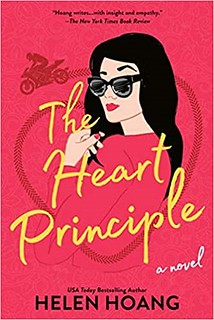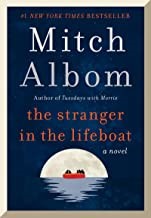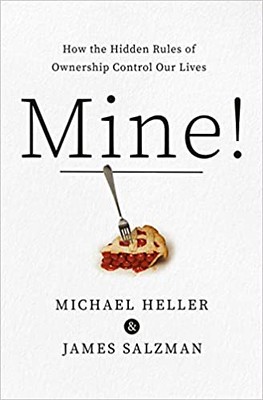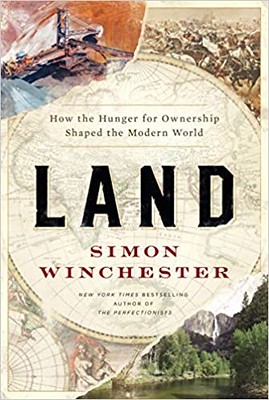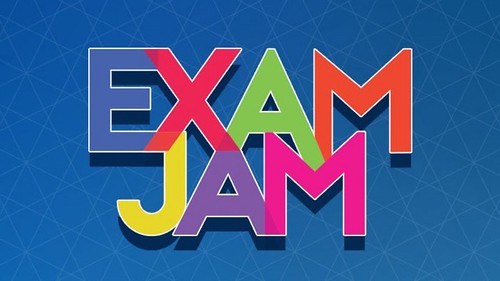by Glenice Lilje
Pandemic Fatigue in the Workplace
Over the past couple of years, we have been inundated with safety measures, signs for safety measures, daily updates and reminders to follow safety measures. We followed these prescribed measures dutifully, wanting to do our part. There was no way to predict the how long these measures would be implemented for. As someone who has anxiety, it was the long-term uncertainty that weighed on me. One week I would be fine and accept the current state of things. The next, I had a constant desire to run into an empty field and scream for an hour.
Feelings of burn out can present itself as restlessness, irritability, having a lack of motivation or even a difficulty concentrating. Working remotely or on-site hasn’t been an absolute picnic for either party. Health restrictions hindering meaningful interactions or the ability to work collaboratively to complete projects was challenging and then having to manage one’s own personal stress simultaneously.
Because of this, we are now seeing an uptick in companies proposing a four-day work week (FDWW) to assist in a better work-life balance. Findings from studies indicated that organizations can expect greater employee commitment and engagement. If a FDWW isn’t feasible, I do hope to see more flexible working arrangements. How nice would it be to have the liberty to select our start and end times as long as it falls within a range of available hours? Oh man, my household responsibilities would be way more manageable! Until that day comes, I shall attempt to ease my Manic Mondays in true Garfield fashion: with some lasagna.
Here are some of the new titles on pandemic fatigue that can be found in BCIT Library’s collection. eBooks can be enjoyed both on campus as well as remotely.

Shutdown: How Covid Shook the World’s Economy by Adam Tooze
Never in our lifetime have we witness a global recession in real-time. The entire world economy contracted by 20% in a short amount of time, causing 95% of the world’s economies to suffer at the same time. Hundreds of millions of jobs were lost and it quickly became apparent at how unprepared the world was to fight the crisis. Adam Tooze focuses on the financial and business side of the pandemic, how various institutions were affected and his analysis of what happened when the pandemic collide with domestic politics.
eBook available online.

The Burnout Epidemic by Jennifer Moss
This book couldn’t have come at a better time. Workplace well-being expert, Jennifer Moss, prescribe techniques to prevent burnout and create a happier and more productive workplace. When we think about self-care and mental wellness, we think yoga, building up our resilience or meditating. Moss argues that these are more like a Band-Aid and that we should look into the root causes before we get to that point. In The Burnout Epidemic, Moss encourages organizations to include more wellness initiatives, build an anti-burnout strategies, etc.
eBook available online.
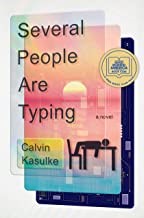
Several People are Typing by Calvin Kassulke
Gerald, a mediocre employee in an unnamed PR firm, was working on a spreadsheet when suddenly, he gets absorbed into the company’s Slack channel. While his colleagues think he is just joking and trying to take advantage of the work-from-home policy, Gerald is now left to contemplate his new life with his new friend, Slackbot. Several People are Typing makes for an easy read as it is told in the format of Slack messages and provides the reader with the lighter side of office culture.
Little bonus:




